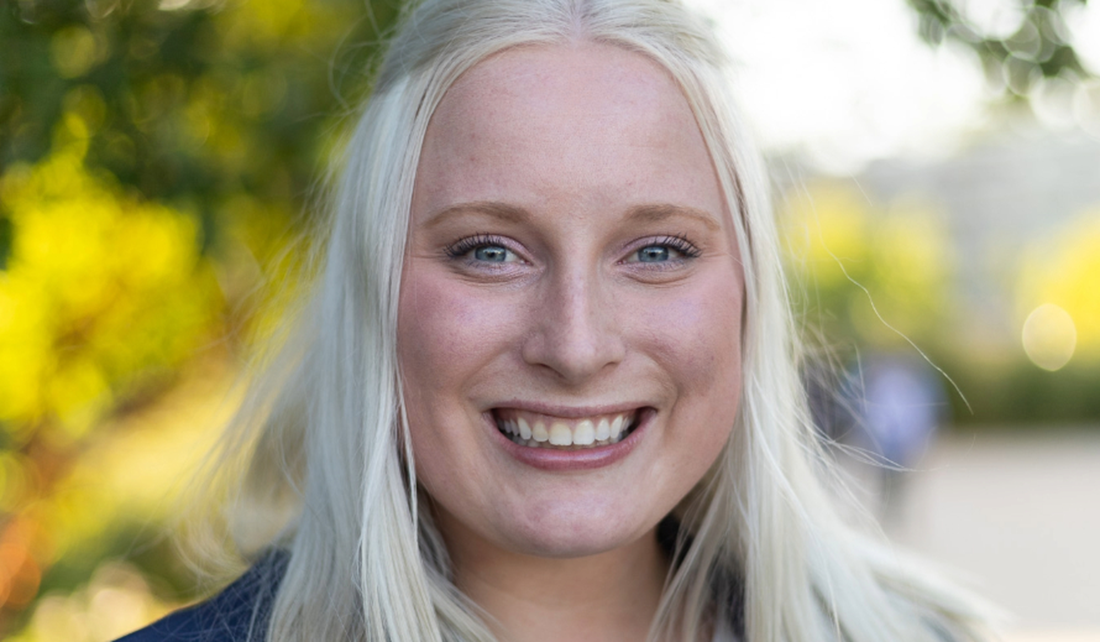
Illinois-Indiana Sea Grant (IISG) welcomes Sarah Peterson as the program’s new coastal engineering and community resilience specialist. Peterson will develop a coastal resilience program along the southern Lake Michigan shoreline.
“Coastal hazards, such as meter-scale water level fluctuations in the Great Lakes, can lead to significant coastal geomorphic change and have major impacts on nearby communities, ecosystems, infrastructure and local economies,” Peterson said. “At IISG, I am excited to work alongside a skilled and passionate team of scientists, researchers, educators and specialists to help southern Lake Michigan coastal communities build resilience.”
The new coastal resilience program aims to enhance coastal hazard preparedness and resilience in communities along the Indiana and Illinois shores of Lake Michigan through collaboration, applied research, technical guidance, education and outreach.
Peterson earned both a Bachelor of Science and a doctorate in civil and environmental engineering from the University of Wisconsin-Madison, with a focus on coastal geomorphic change. Her doctoral research examined the effects of water level fluctuations on coastal environments and shoreline change near the water’s edge.
While at UW-Madison, Peterson developed technical skills using ArcGIS to create spatial tools for analyzing coastal geomorphic change, mapping potential and identifying spatial and temporal changes in coastal property values in Lake Michigan, Lake Superior and adjacent estuaries. She also used FUNWAVE-TVD to model wave current circulation patterns and interaction with groin structures at Sheridan Park, on the Wisconsin coast of Lake Michigan.
She will be based at the U.S. Geological Survey’s Lake Michigan Ecological Research Station in Chesterton, Indiana.

